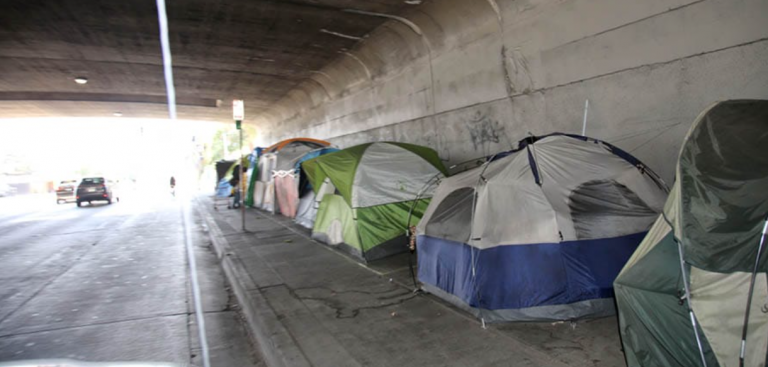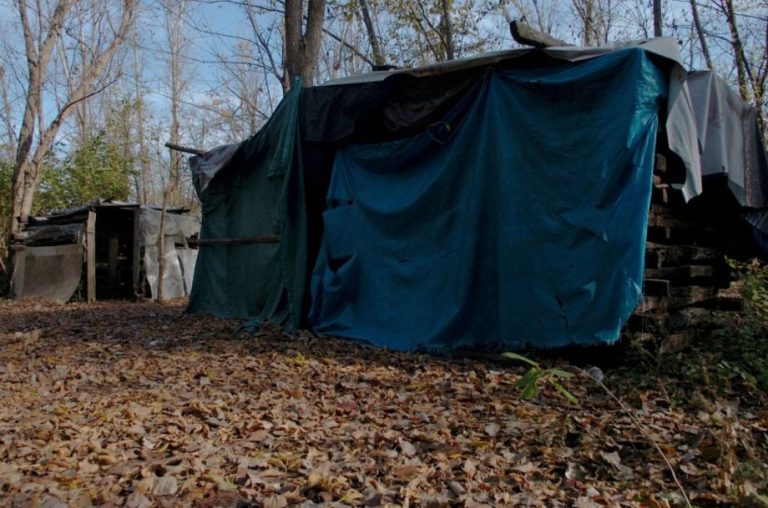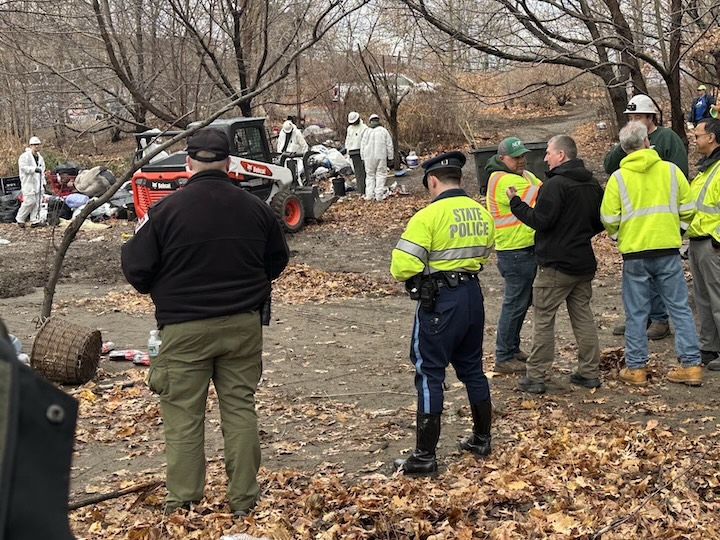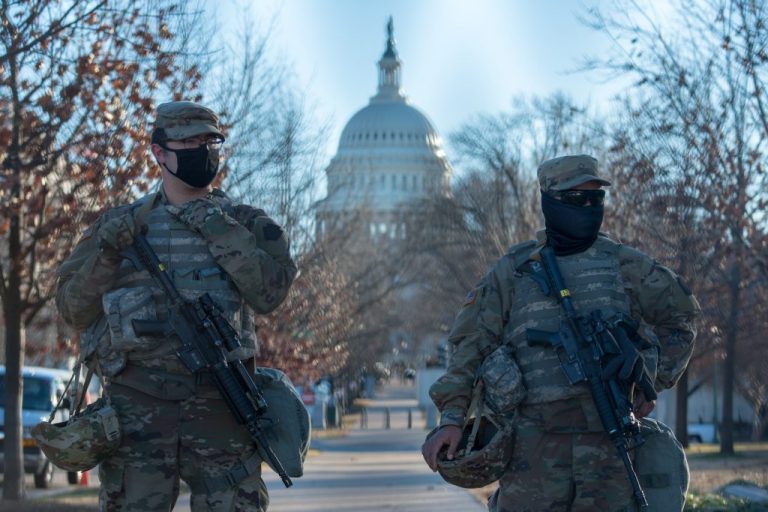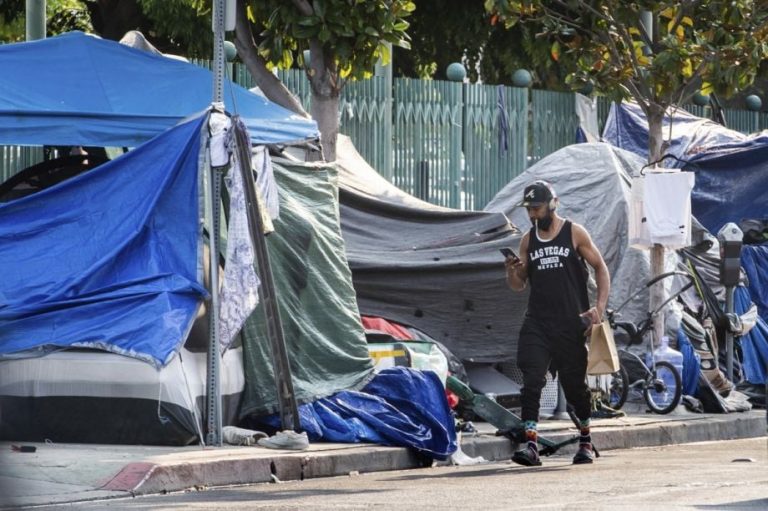Police ‘Sweeps’ Of Homeless Camps Are Worse Than You Think
Police “sweeps” of homeless encampments aren’t what you think — they’re much worse. I know, because I’ve been a victim of one.
The Supreme Court ruled last year that unhoused people can be punished for sleeping outside, even when no shelter or affordable housing is available. Enforcement often involves “sweeps” where officers destroy or confiscate property and arrest or fine unhoused individuals.
To make matters worse, President Trump just announced that he wants to strip almost $4 billion in funding from permanent housing programs, dumping close to 200,000 more people onto the streets.

